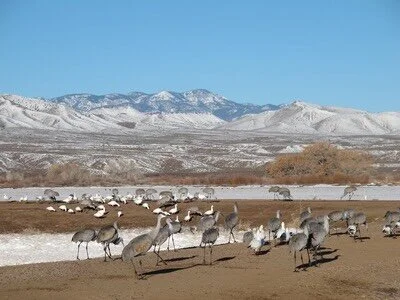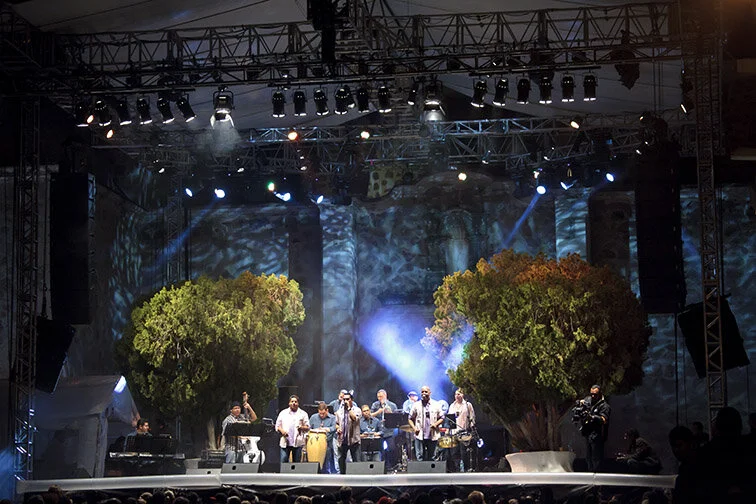by Elyn Aviva
We were savoring our after-dinner espressos at Llys Meddyg, a “restaurant with rooms,” in Newport, Pembrokeshire, Wales, when my cell phone rang. I looked at it suspiciously.
 During the week we had stayed at Llys Meddyg the cell phone had never functioned inside the hotel. There simply wasn’t any signal. To make a phone call, I had to walk down the street waving it in the air until gradually the bars started showing up.
During the week we had stayed at Llys Meddyg the cell phone had never functioned inside the hotel. There simply wasn’t any signal. To make a phone call, I had to walk down the street waving it in the air until gradually the bars started showing up.
The phone kept ringing. I answered it and heard a woman’s voice, speaking rapidly. “Hi, this is Winifred. I hear you’re going to write about my land. If you write about my land, you’d better get it right!”
“Hello,” I replied. “How’d you hear about us?”
“My friend David told me. When can we meet?”
The phone suddenly cut out. I ran outside the restaurant and down the street, looking for a signal. One bar, two bars, three. I tried to return the call. It rang once and Winifred answered.
“Sorry, we lost the connection.” I said.
“It’s because of all the volcanic rock in the Preselis. It interferes with cell phone transmissions.”
“So that’s why!” I exclaimed. “I wondered.”





















